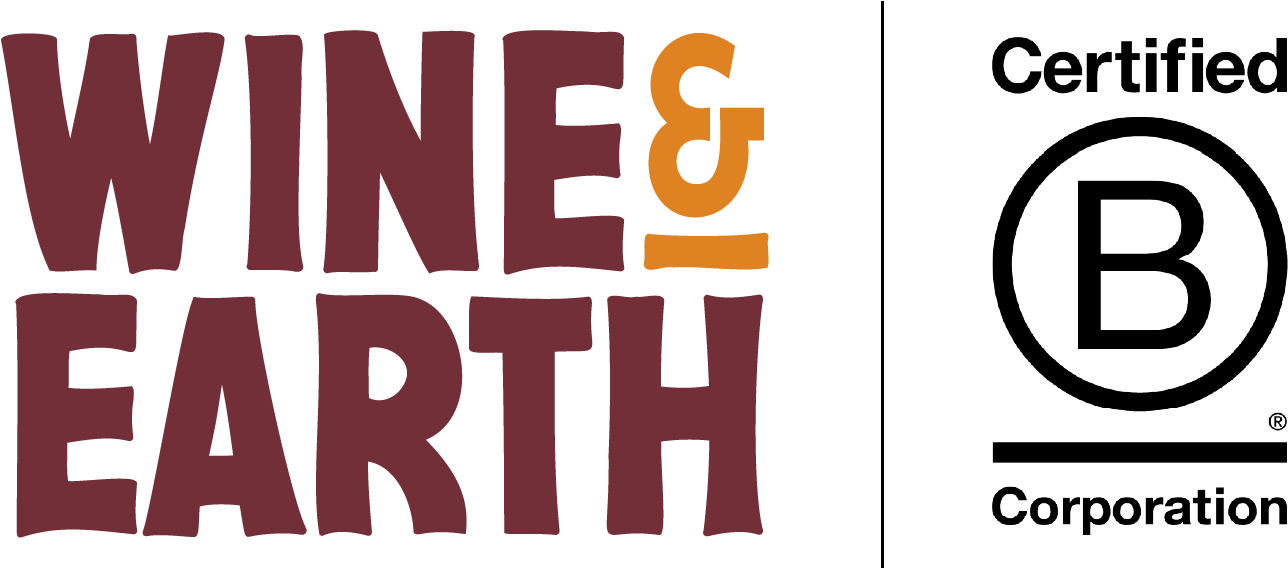Organic September is not just a time to enjoy wines made with sustainability in mind—it's also an opportunity to reflect on the incredible growth and evolution of the organic wine industry. What was once a niche segment driven by curiosity has now become a substantial and influential part of the global wine market. This post explores the latest trends, statistics, and consumer behaviours shaping the world of organic wine.
Organic wines are moving into the mainstream
Organic wine has evolved from being a niche interest into a staple for many wine consumers. In France, 36% of wine drinkers now regularly consume organic wine, a significant increase from previous years (beveragedaily.com). This shift reflects a broader trend across Europe and other major markets where organic wine is gaining ground as a regular choice rather than an occasional novelty. According to the Organic Trade Association, the U.S. has seen similar growth, with organic wine sales rising by nearly 10% annually over the past decade.
Younger consumers are adopting organic wine
A key driver behind the growth of organic wine is its appeal to younger consumers. A study by Wine Intelligence found that millennials are more likely than older generations to choose organic wine, driven by concerns about health, sustainability, and the environment. This demographic shift is also reflected in the UK, where 46% of consumers under 35 have already tried organic wine, compared to just 38% of those over 55 (beveragedaily.com). The Hartman Group, a research firm specialising in consumer trends, notes that younger consumers are increasingly prioritising organic and sustainable products across all categories, including wine.
Environmental and health benefits of organic wine
One of the primary reasons consumers are turning to organic wine is its perceived health and environmental benefits. Organic wines are made without synthetic pesticides, herbicides, or fertilisers, which not only benefits the environment but also reduces the intake of potentially harmful chemicals. The Soil Association, the UK's organic certification body, highlights that organic farming practices can improve soil health and biodiversity, contributing to a more sustainable agricultural system.
Value perception of organic wine
Despite its growth, organic wine still faces challenges, particularly in terms of cost. A survey by Nielsen found that while consumers are willing to pay more for organic wine—up to 26% more on average—the higher price can be a barrier for some. However, as more consumers become educated about the benefits of organic wine, this price barrier is expected to diminish. A report from Wine Market Council indicates that as consumers gain a better understanding of what makes organic wine different, they are more likely to justify the additional cost.
Organic wine: global market trends
The global organic wine market is experiencing rapid growth, with Europe leading the charge. Countries like Spain, Italy, and France are at the forefront, with organic vineyards making up a significant portion of their total wine production. According to the International Organisation of Vine and Wine (OIV), organic vineyards now account for 15% of total vineyard acreage in these countries. In the U.S., organic wine production is also on the rise, with areas along the Columbia Valley across Washington and Oregon emerging as key regions, like Red Mountain.
Wine&Earth is contributing to the growth of organic wines in the UK, thanks to our carefully curated selection of organic and biodymanic wines which are better for both the planet and your palate. View our organic selection >





Comments (0)
There are no comments for this article. Be the first one to leave a message!